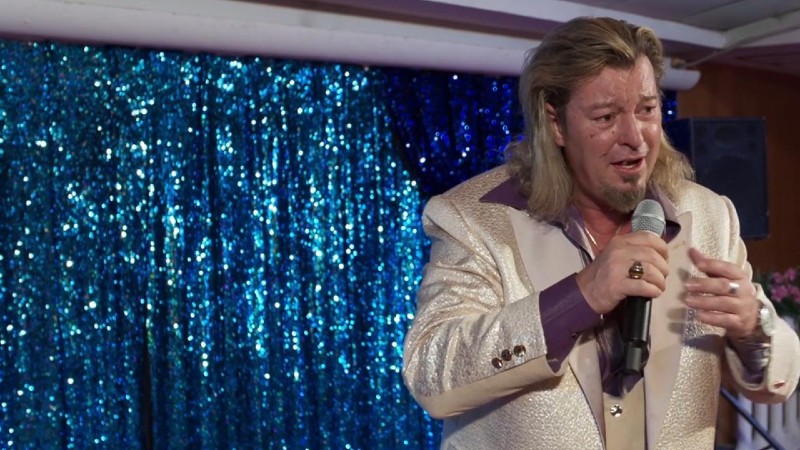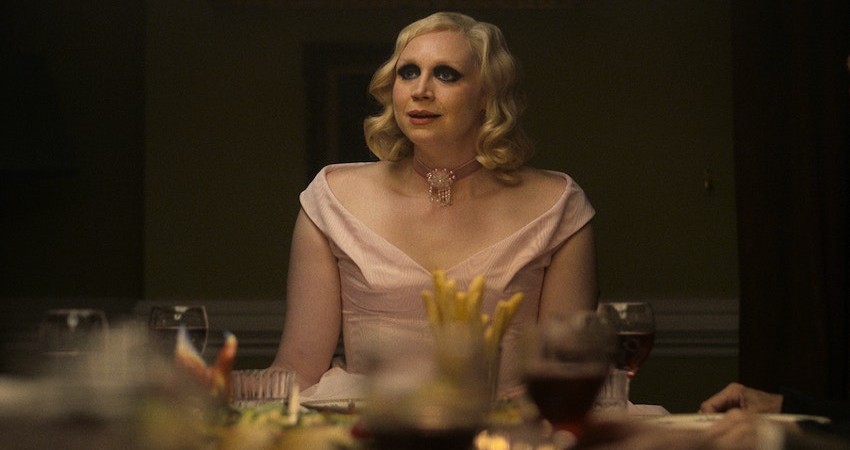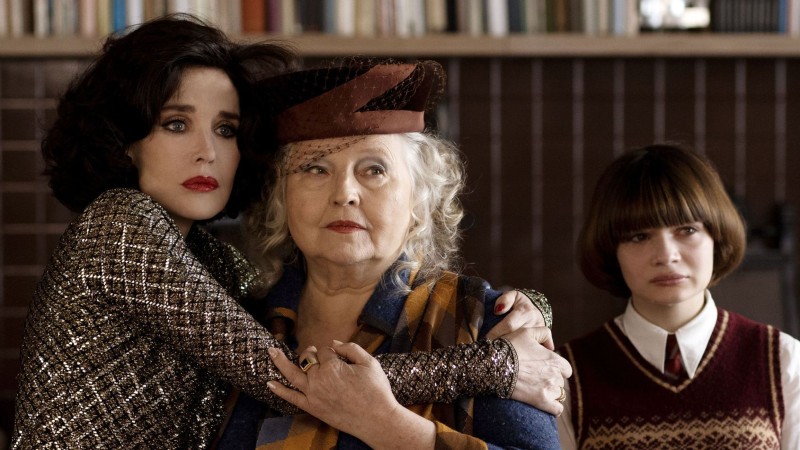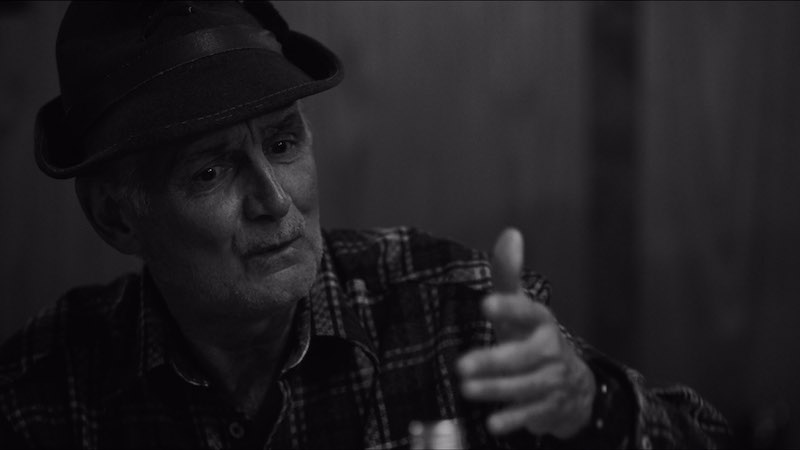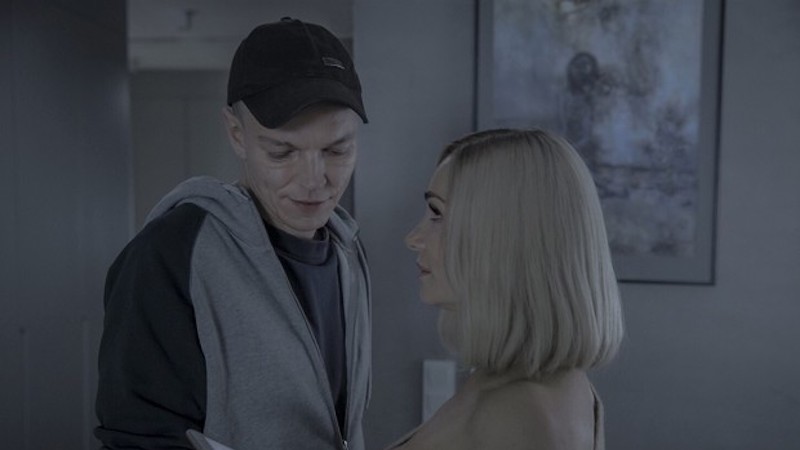To borrow the same metaphor, Both Sides of the Blade is a double-edged sword. On the one hand we have a finely-acted drama minutely detailing the ins and outs of marriage and infidelity; on the other, we have an overwrought and sentimental tale that doesn’t ever compel the audience to sit up in its seat the way the average Claire Denis film usually does. This is a half-baked, disappointing effort from one of our great living directors, all the more of a letdown due to her normally high batting average.
The radiant Juliette Binoche, returning with Denis after Let the Sunshine In (2017),stars as Sara, a woman seemingly secure in her relationship with Jean (Vincent Lindon). The film opens on an idyllic scene, the middle-aged couple swimming in the sea, cuddling and kissing before returning to their Paris apartment and making love. But the music, courtesy of Tindersticks, suggests an erotic thriller; a mash of discordant trumpets and strings portending confusion ahead. For Jean has entered into business with Sara’s former flame François (Grégoire Colin), alighting a moody marital drama that never settles on a consistent and engaging tone.
Denis is known for her highly stylish approach to filmmaking, even when making a so-called “domestic drama”: from Sara’s first sighting of François to a frantic agency opening to the endless arguments with her husband, the camera gets inside her head and creates an appropriate sense of disorientation, further complimented by Denis’ mixture of camera formats. From moment to moment, the dialogue is smart: while on the nose throughout, it allows the couple to test each other, as they debate what François means to them and how he will dominate their lives.
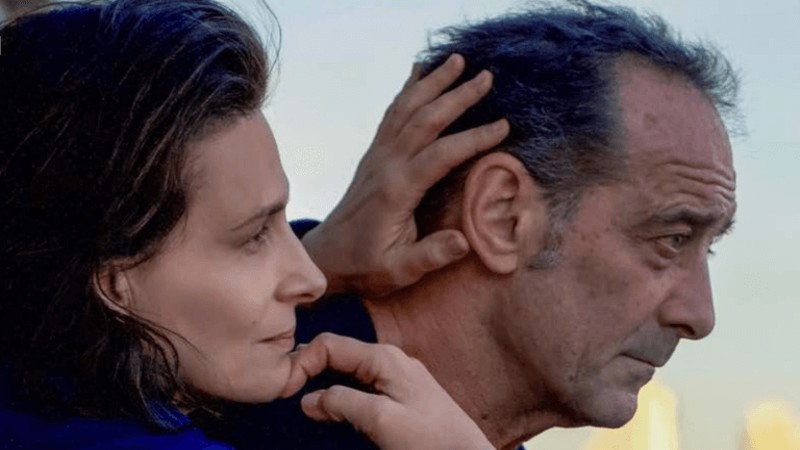
Binoche typically excels in the main role, portraying a woman who knows what she wants, but is afraid of what happens if she gets it. She’s both smart and cunning, sexy and brave, afraid and manipulative, often within the same scene. Even when the story falls short, she finds new dimensions to her character throughout. Lindon rises equally to the game, moving between magnanimity and jealousy, pragmatism and anger, with ease. Together, they keep the lockdown-light drama engaging — with reminders of the coronavirus pandemic throughout and endless scenes shot within their modern Rue D’Amsterdam apartment — throughout each scene despite the failure of the plot, co-written with novelist Christine Angot, to give them any shape to their respective destinies.
But what of François, occupying the Count Vronsky-role in this modern-day Anna Karenina? Wearing a Le Coq Sportif jacket and riding a motorcycle, he’s criminally underwritten; giving us little sense of why he’s such a big deal. Other supporting players, including Jean’s black son and white mother, or a friendly pharmacist, are equally tokenistic, making me feel that the film would be better without them taking part at all. The whole thing is filled with unearned moments, even if the individual craft is fairly sturdy. While by the end you can see from both sides (of the blade) now, it’s that crucial third side that needs further sharpening. Or even better, a much sharper knife.
Both Sides of the Blade played in Competition at the Berlin Film Festival, running from February 10th to the 20th. On all major VoD platforms in December.









